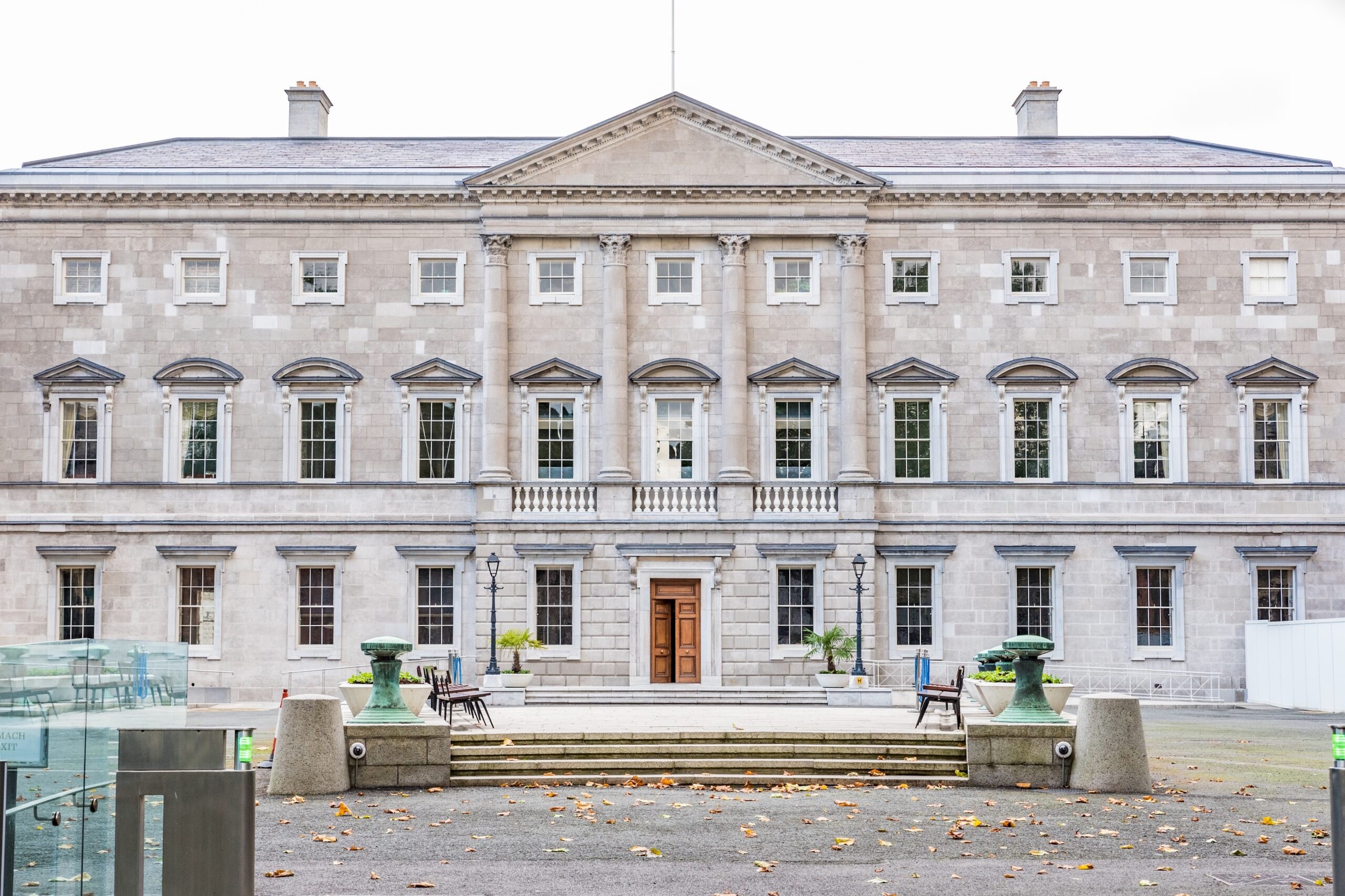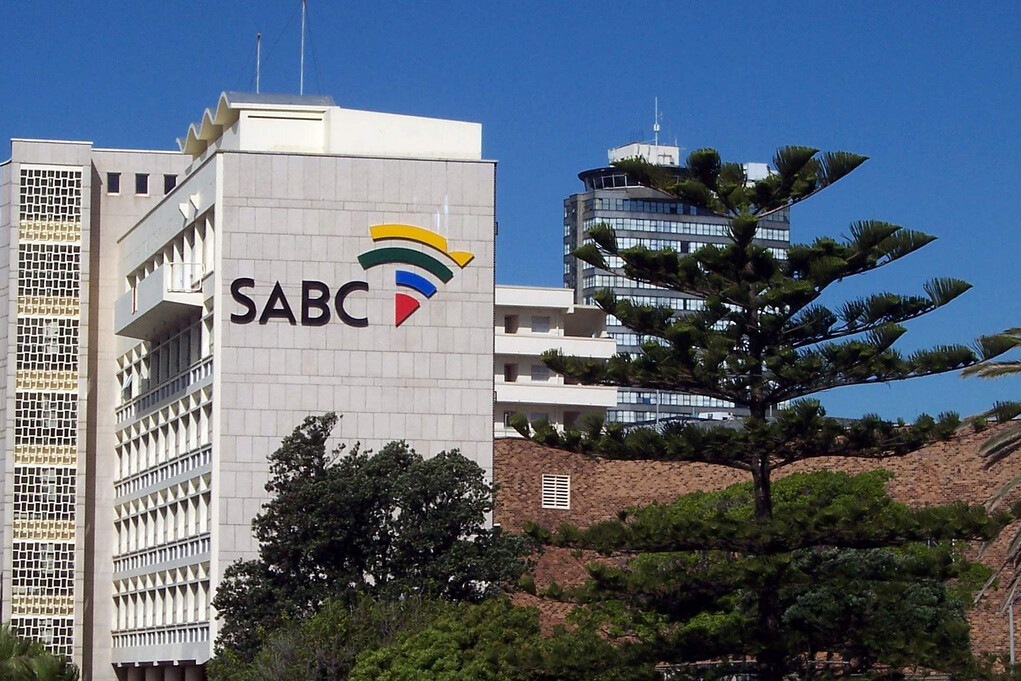RTÉ facing insolvency as global pressure on licence fees continue
13th October 2023
Ireland’s Media Minister promised to provide €40 million of funding to keep the broadcaster afloat, although RTÉ will still need to make €21 million worth of savings.

IN BRIEF:
- The Director-General of RTÉ warned a Parliamentary Committee that the public service broadcaster faces insolvency, with an anticipated €61 million shortfall for the next two years.
- The Government committed to providing €40 million in emergency funding to RTÉ but that still requires the organisation to find €21 million in savings.
- After the scandal around undisclosed payments to former RTÉ presenter, Ryan Turbridy, there was a significant decline in the number of people paying the licence fee, amounting to €3.7 million of losses.
- The government had earlier this year pledged to reform Ireland’s funding model by September 2024.
QUICK TAKE:
Public media relies and thrives off of long-term sustainable funding, which allows it to provide the level and quality of services its audiences expect of it. RTÉ has warned of a financial crisis for a number of years, and a solution is desperately and urgently needed for the Irish public.
IN FULL:
Kevin Backhurst, the Director-General of Ireland’s public broadcaster, RTÉ, has warned that the corporation will be insolvent come spring 2024, without an urgent cash injection. Mr. Backhurst was appearing in front of the Dáil Public Accounts Committee.
On 11 October, Ireland’s Media Minister, Catherine Martin, announced that RTÉ is staring at a €61 million shortfall in funding over the next two years. She said the government has committed to covering €40 million of this shortfall, but that means the broadcaster is still expected to find savings to cover the remaining €21 million.
Read more: BBC funding freeze: the importance of the licence fee
The broadcaster faces a difficult period ahead. Public confidence in the institution has faced serious damage following undisclosed payments made to one of its biggest talents, the TV presenter Ryan Turbridy. The situation – which led to the early resignation of Director-General, Dee Forbes – continues to be a controversial topic amongst the Irish public and has also led to a dramatic fall in the number of licence fee payments. Ever since the news broke earlier this year, the broadcaster has lost around €3.7 million.
Meanwhile, the Chief Financial Officer, Richard Collins, has recently announced his resignation.
Insufficient and unstable funding the cause
Such a serious situation has been anticipated for some time. In February 2022, Ms. Forbes, said the licence fee model was “utterly broken”, and last year, the government provided €15 million in a bailout.
But there has been an escalation in recent months following the scandal around the payments to Mr. Turbridy.
RTÉ’s executive took steps in August and announced a freeze in hiring new staff as well as a halting of all discretionary spend. “I regret having to do this as it will impact on our coverage and on our investment in equipment and our digital plans,” Mr. Backhurst wrote in a letter to staff. “However, given the steep fall in the licence fee and the uncertainty over interim funding, it is the only responsible thing that we can do.”
But the problem facing RTÉ is much more existential than the recent loss of licence fee payers, as alarming as that predicament continues to be.
Listen toour podcast
Uncovering and exploring the biggest
issues facing public media
Longer-term answer still uncertain
While the government has promised to provide €40 million in funding to RTÉ, the Media Minister, Ms. Martin, has demanded she sees a strategic plan addressing reform before any money is handed over. According to The Independent, this document is expected in late October or early November.
RTÉ meanwhile is still expected to find €21 million of savings. One option on the table to raise such funds is to sell part of its campus at Donnybrook, where much of its production is based, although that was largely ruled out by Mr. Backhurst.
The larger question remains how the broadcaster can be sustainable long-term. The answer remains unresolved although, at the beginning of 2023, the government promised that it would reform the funding model by September 2024.
“It will impact on our coverage and on our investment in equipment and our digital plans. However, given the steep fall in the licence fee and the uncertainty over interim funding, it is the only responsible thing that we can do.” – RTÉ Director General, Kevin Backhurst
One issue which does seem apparent is that the licence fee is an unfit mechanism through which to raise revenue for RTÉ. In January 2022, the broadcaster said it estimates it loses €65 million every year due to licence fee evasion – an extremely high rate compared with most other countries. Where there does appear to be consensus is that reform is desperately needed.
Licence fee struggles elsewhere
RTÉ is not alone in experiencing troubles with its licence fee. The South African Broadcasting Corporation (SABC), similarly to RTÉ, also experiences a troubling rate of licence fee evasion, although for the SABC it is starkly higher, with an 86 percent rate of non-payment.
Although it was indicated in January 2023 that the funding mechanism would transition towards a household levy, a new draft bill put forward by the government – if passed – would give the Communications Minister three years to find a long-term solution. Until that solution has been identified and implemented, the current licence fee will remain in place.
But the situation facing SABC has remained urgent. In September, the corporation presented its financial statements to the government, which showed a total loss of R1.13 billion. Although the licence fee does not constitute the main part of SABC’s revenue, it is still significant, and fee collection was down from R815 in 2022 to R741 in 2023.
ANALYSIS:
The licence fee, once the staple funding model for public service media, has over the past few years, endured a torrid time as its validity, viability, and sustainability has been called into question.
While the licence fee remains an important funding model – an EBU report from 2022 showed 39 percent of their members still retain a licence fee in one form or another – more countries are moving away from it. In 2022, governments in Denmark, France and Turkey all dropped the licence fee, while this year, Austria also exchanged their licence fee in favour of a household fee, while Slovakia transitioned from the licence fee to a direct government subsidy. Other countries might be soon to join them. In the UK, a review has been touted to find alternative options to funding the BBC.
Pressure on the licence fee comes with a backdrop of a wider strain on public media funding, regardless of the mechanism. While the ABC and RNZ have been outliers in receiving a funding boost, for many, governments have sought to limit public media funding due to a global cost of living crisis.
A poll in Switzerland suggested 61 percent of voters would support a referendum on reducing the licence fee. In Germany, public media faces an uphill battle in getting their annual fee increased. Meanwhile, Fiji’s public service broadcaster, the FBC, has had its funding cut by 40 percent (although this is reportedly due to exorbitant spending by the previous administration, and there are claims it will not affect personnel or services). And in South Korea, the government has imposed swift and significant changes upon the way KBS is funded.
Ultimately, public service media needs long-term sustainable funding to ensure its viability and that it can provide the best level of services to its audiences. In both Ireland and South Africa, the broadcasters are unable to guarantee this level of funding, and thus, the adequate level of services.
Where trust has been breached– as has happened in Ireland – it is undeniably important that efforts are made to restore public trust and confidence. Such events, however, should not lead to a defunding of the public service broadcaster, nor lead to a challenge of the very purpose and foundation of their role.
Related Posts
22nd June 2023
South Korean public broadcaster’s viability in question in the face of funding threat: Global Task Force for public media
The GTF is concerned over a proposal to…



